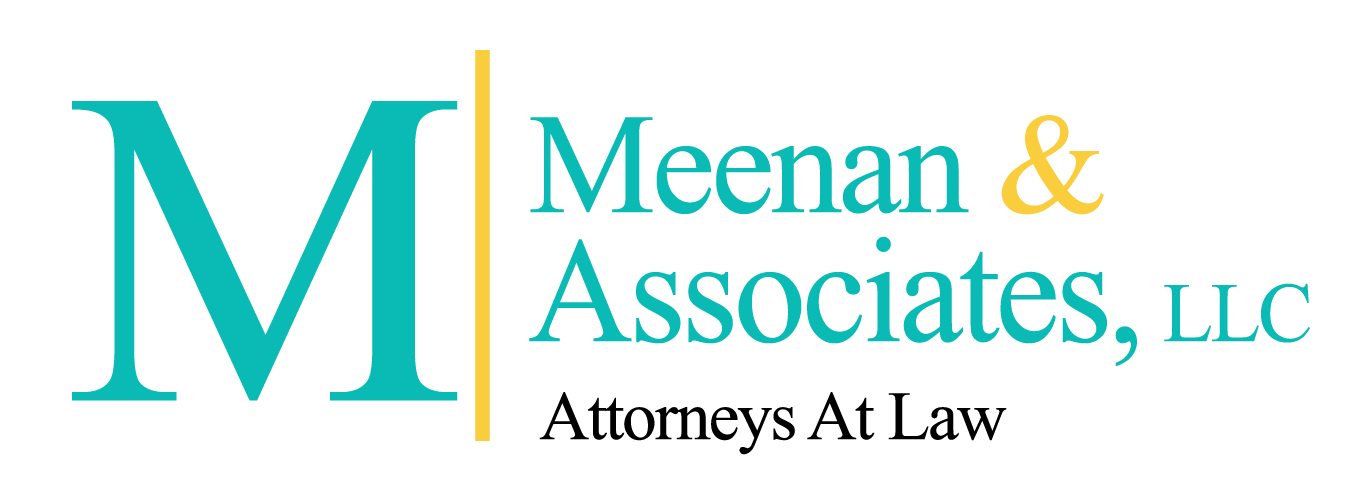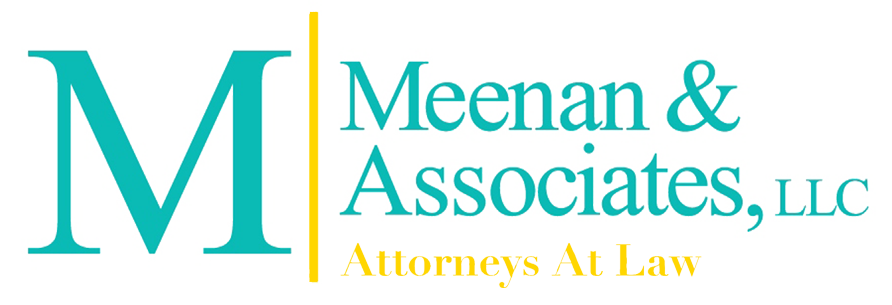Congress Gives, the Department of Labor Takes Away
In late March 2020, as schools around the country were being closed and millions of working parents found overnight that they had no child care, Congress passed the Families First Coronavirus Response Act (FFCRA). Part of that law is the Emergency Family Medical Leave Expansion Act (EFMLEA), which amended the Family and Medical Leave Act of 1993. The EFMLEA says that, so long as you have worked for your employer for at least 30 days, you can take medical leave, mostly paid, for up to 12 workweeks between April 1, 2020 and December 31, 2020 because you are unable to work because you are needed to care for a son or daughter whose school or place of care has been closed or whose care provider is unavailable for reasons related to COVID-19. This leave is paid, starting in third week, subject to caps for high earners.
Another part of the FFCRA is the Emergency Paid Sick Time Act, which provides up to 80 hours paid sick leave to six categories of employees who are quarantined, experiencing symptoms of COVID-19, are caring for others, and so on.
Of course, there are some exceptions. For example, “healthcare providers” and “emergency responders” aren’t eligible for leave. Small employers don’t have to provide EFMLEA leave if doing so would jeopardize their businesses. Maybe this is not ideal, but it is at least understandable. No employee protection law is perfect, because it reflects a compromise between legislators who want to protect employees and those who have other priorities.
Then, in early April, millions of workers who thought they were eligible for leave learned that they’d been baited and switched.
How did this happen?
The U.S. Department of Labor had the job of writing regulations to implement the EFMLEA. This is standard practice. When Congress legislates, it lays out broad mandates and it is up to administrative agencies to flesh out the law and fill in the gaps.
Unfortunately, this time, the DOL didn’t flesh out the law, they gutted it. How?
First, they wrote in a regulation saying that an employee cannot take leave where the employer does not have work for the employee to perform. This regulation simply does not make sense when you consider the context: Congress has passed several laws in the last two months to encourage employers to keep their employees on the payroll rather than lay them off or furlough them, even though most businesses’ revenue streams have been interrupted by the pandemic. And employers aren’t even paying the costs of the paid leave, because it is funded by a refundable credit against the payroll tax. This means that employers are reimbursed by the government for every penny they pay their employees for emergency paid sick leave. Yet the DOL seems to think it’s a better idea to make these workers apply for unemployment instead. In any event, Congress never said a word about “no leave if no work available.” The DOL just added that in.
Second, the regulations turned millions of people into “healthcare providers” and” emergency responders” at the stroke of a pen. Incredibly, the regulations say that healthcare providers are, not just the people you would assume, but also anyone employed at a doctor’s office, hospital, health care center, clinic, medical school or a college or university offering health care instruction, or anyone employed at any company that contracts with any of these facilities (the list goes on). What this means is that if you work in a gift shop in a hospital, or in the cafeteria at a university that also has a medical school, or you work in the billing department of the janitorial services company that cleans offices at the university, or you are a janitor employed by the service company but working somewhere else, you are a healthcare provider and you are not eligible for emergency paid sick leave or family leave. Again, the DOL stretched the definition of healthcare provider on their own say-so, without authorization from Congress.
Administrative agencies like the DOL are supposed to flesh out the law and fill in the gaps in order to implement the law passed by Congress, not undermine the law passed by Congress. This is one of the bedrock doctrines of administrative law, frequently articulated by the late Justice Antonin Scalia. Incredibly, his son, Eugene Scalia, is the current Secretary of Labor.
In mid-April, New York Attorney General Letitia James sued to enjoin these and other regulations. The DOL has not yet answered the lawsuit.


